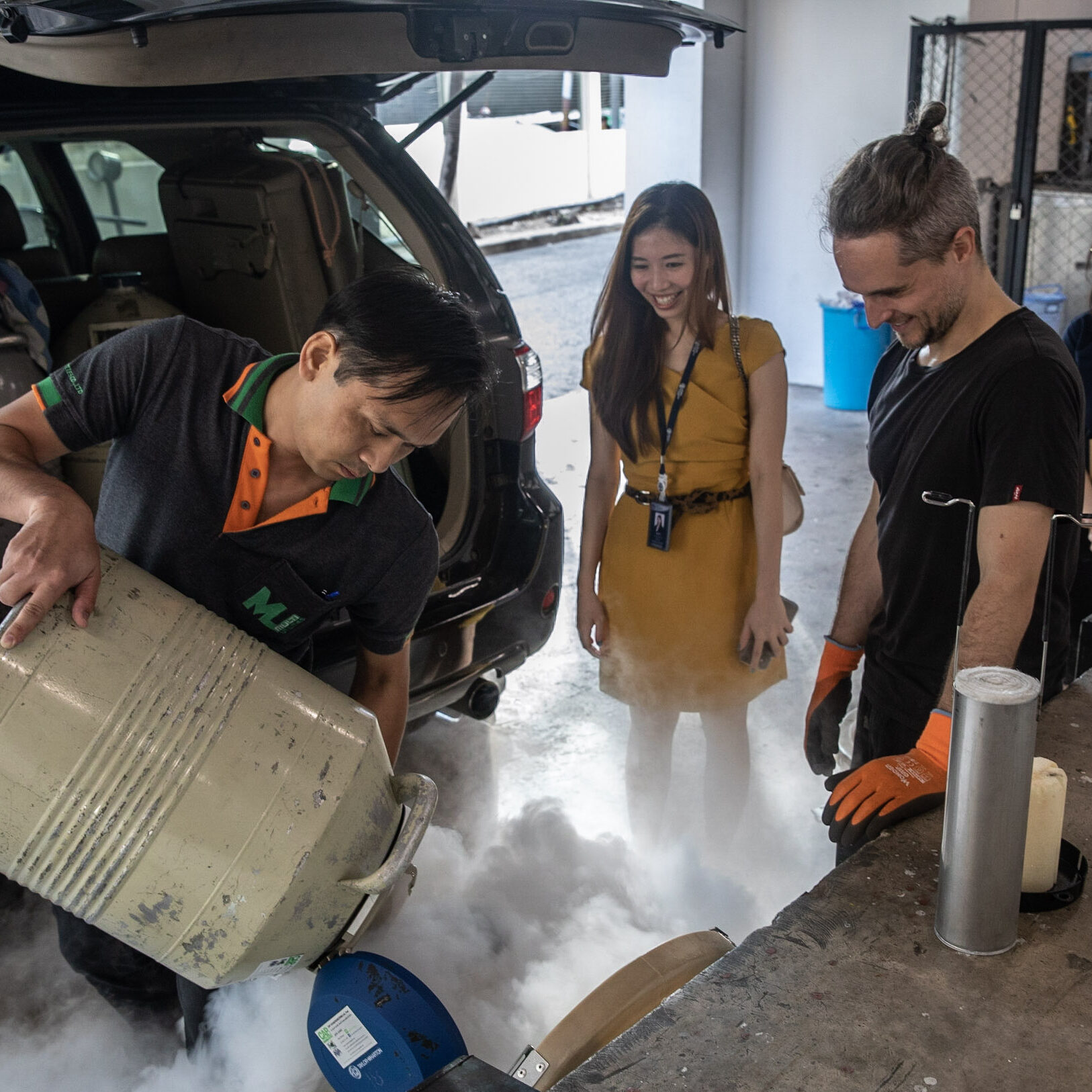
Photo Credit: The GMbC team fills a cryotank with liquid nitrogen in Thailand. ©Global Microbiome Conservancy / Photo by C. Corzett
A Global Team of Researchers
The Global Microbiome Conservacy (GMbC) consortium is a network of accomplished researchers dedicated to expanding our understanding of the human microbiome and the practice of inclusive science.
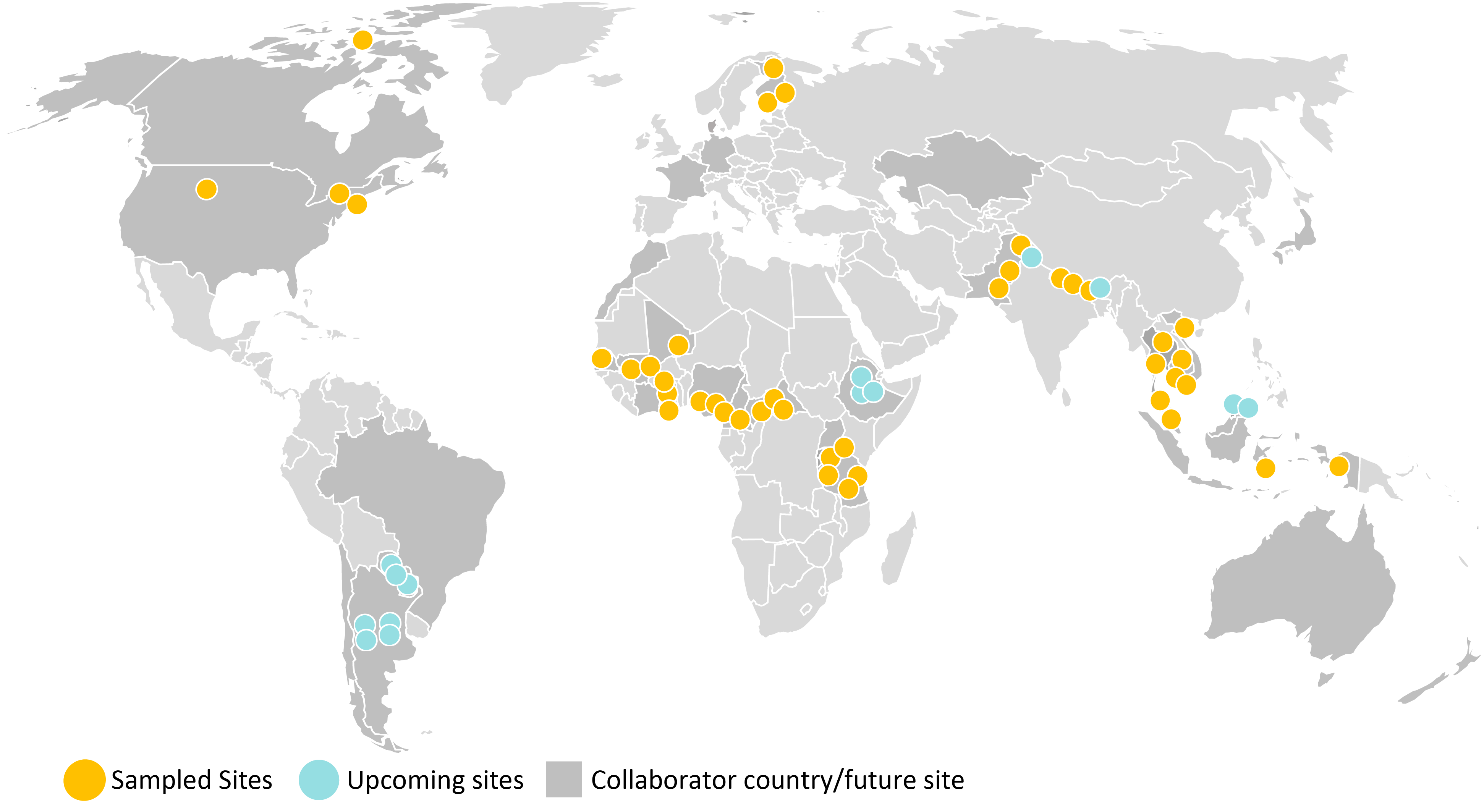
Radically Expanding Our View of the Microbiome
Microbiome science has the potential to transform our understanding of human health but current research is narrowly focused on majority populations in the United States and Western Europe. The GMbC consortium fills a crucial gap in knowledge and scientific leadership by collecting samples and data from underrepresented regions. To date, the consortium has collected and shared microbiome diversity derived from the stool samples of 1,300+ participants from over 30 previously unrepresented communities around the world.
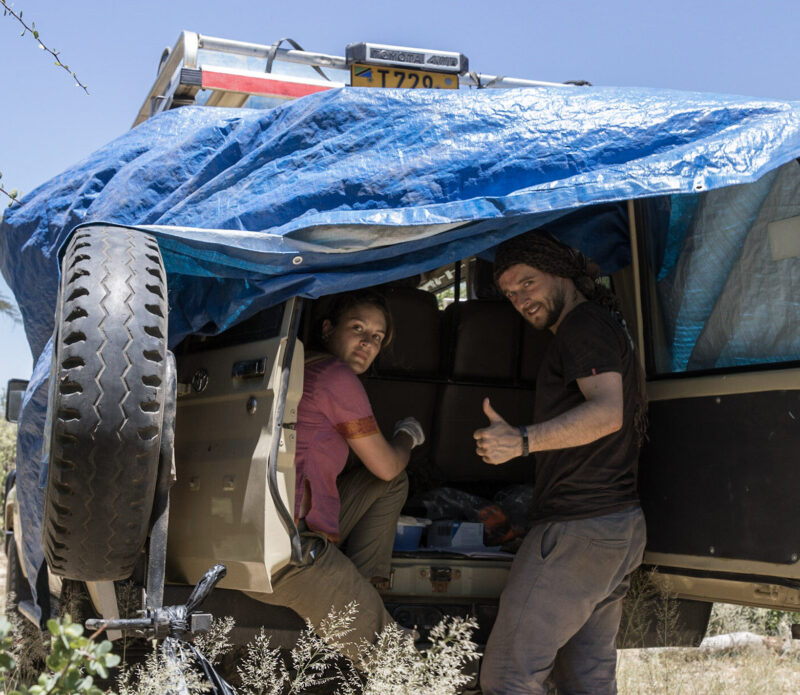
Photo Credit: GMbC co-founders Mathilde Poyet, PhD and Mathieu Groussin, PhD on a sampling trip in Tanzania. ©Global Microbiome Conservancy / Photo by C. Corzett
Leadership and Operations
The Global Microbiome Conservancy (GMbC) consortium is an international academic network of scientists that advances microbiome research capacity and knowledge.
In collaboration with Openbiome, the GMbC consortium collects and biobanks microbiome samples from human populations worldwide, and generates and publishes standardized microbiome omics data.
The GMbC consortium was established and is led by the GMbC co-founders, Professor Mathilde Poyet (Institute of Experimental Medicine, Kiel University) and Professor Mathieu Groussin (Institute of Clinical Molecular Biology, Kiel University).
Collecting and Sharing Microbiome Diversity
The GMbC consortium has built a globally representative collection of healthy human microbiome materials and data, with primary samples, bacterial isolates, and derivatives to enable functional and mechanistic research.
The GMbC Microbiome Collection

Photo Credit: GMbC team processing stool samples in an improvised laboratory by a Bedik village in southeastern Senegal. ©Global Microbiome Conservancy / Photo by F. Rondon
A Global Community of Scientists
The GMbC consortium is made up of the following researchers from:
Argentina
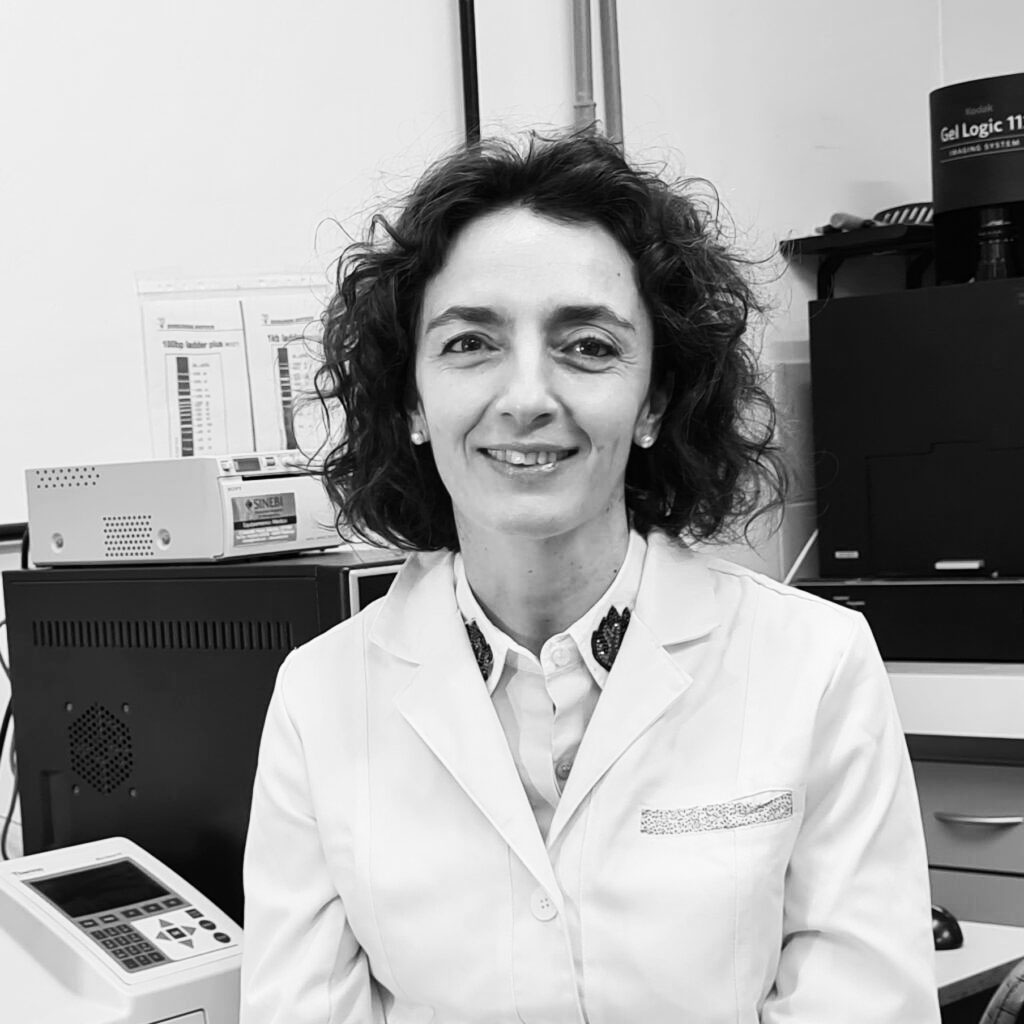
Ana Binetti
Universidad Nacional del Litoral, Santa Fe
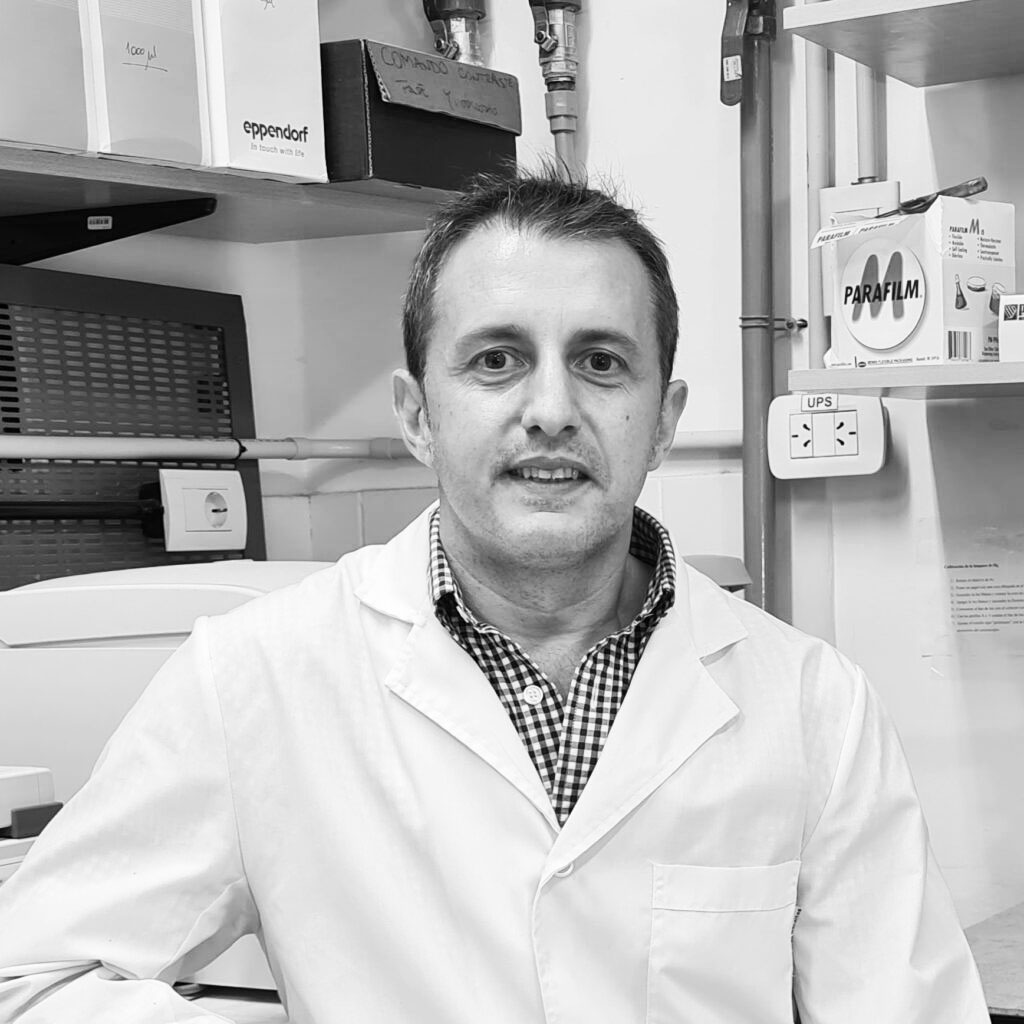
Gabriel Vinderola
Universidad Nacional del Litoral, Santa Fe
Brazil
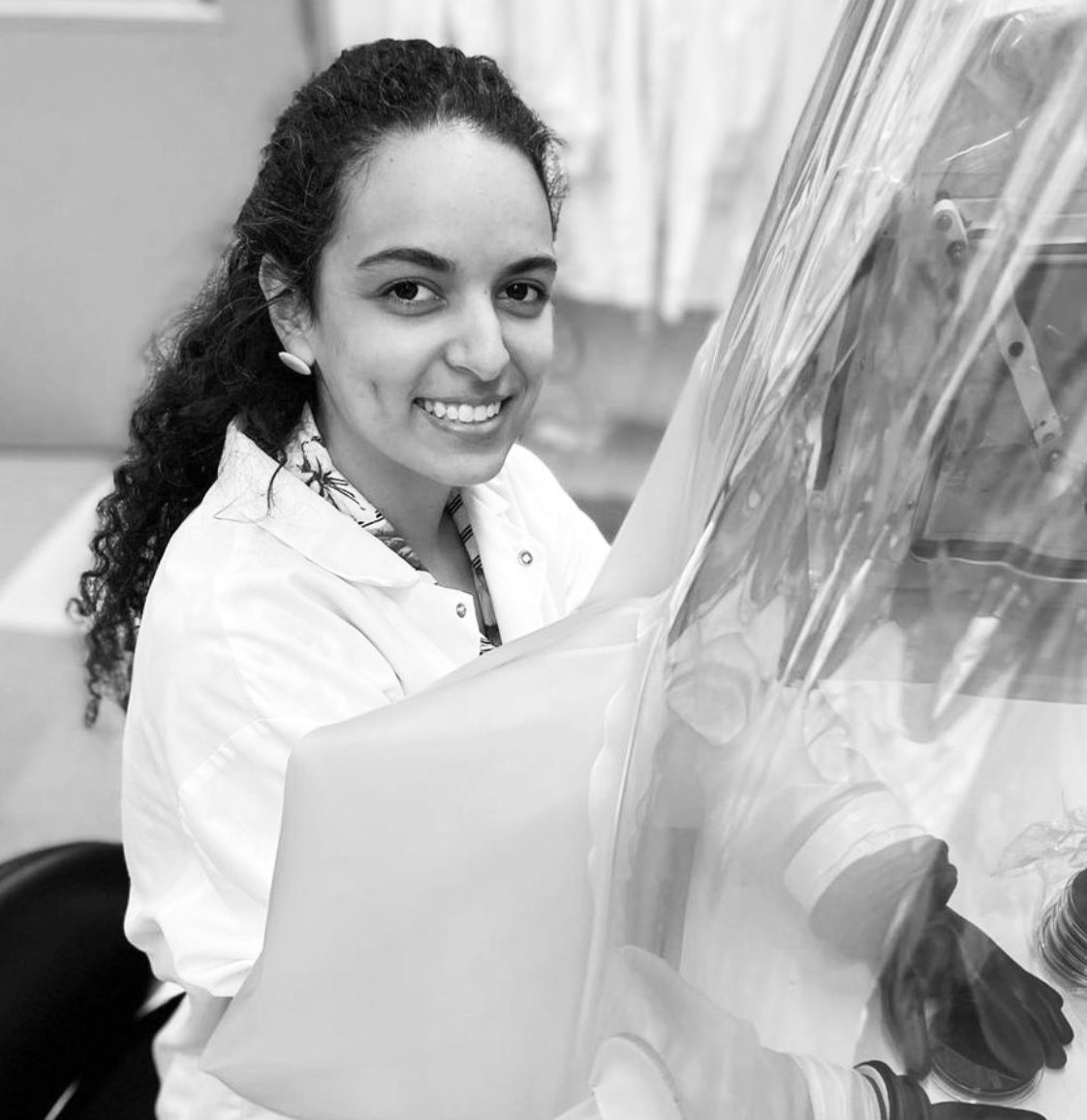
Ana Paula Schaan
Federal University of Para, Belem
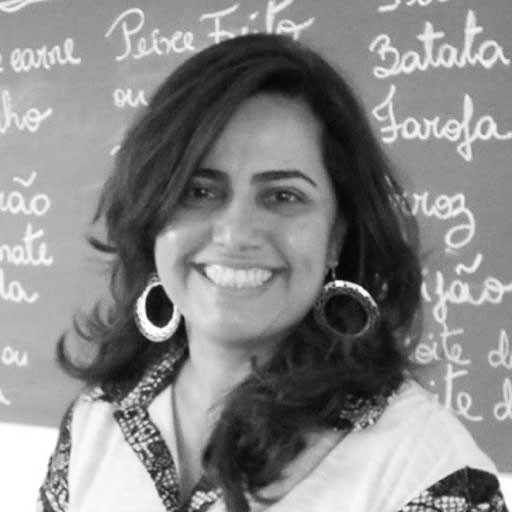
Ândrea Ribeiro dos Santos
Federal University of Para, Belem
Cameroon
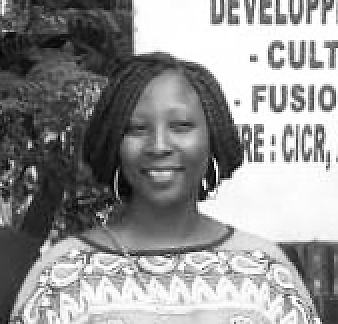
Vanessa Juimo
L’Institut de recherche pour le développement, Yaoundé
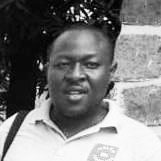
Alain Fezeu
L’Institut de recherche pour le développement, Yaoundé
Canada
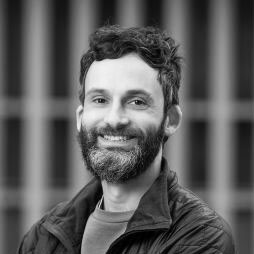
Jesse Shapiro
University of Montreal, Montreal
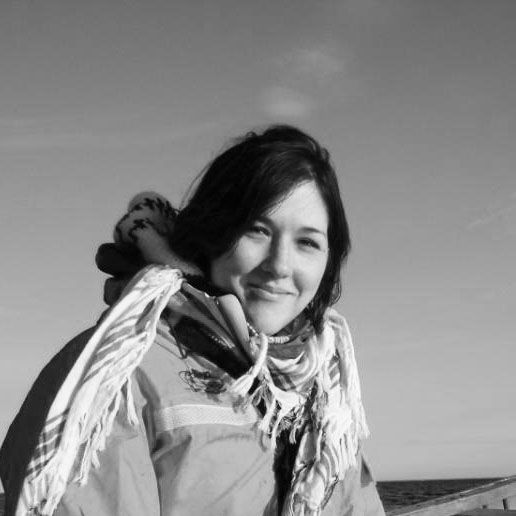
Catherine Girard
University of Montreal, Montreal
Central African Republic
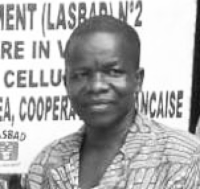
Ernest Lango-Yaya
Université de Bangui
Denmark
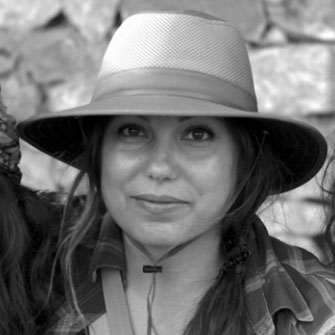
Ainara Sistiaga
University of Copenhagen, Copenhagen
Ethiopia
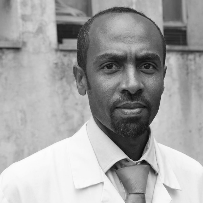
Tamrat Abebe
Addis Ababa University School of Medicine, Addis Ababa
Finland
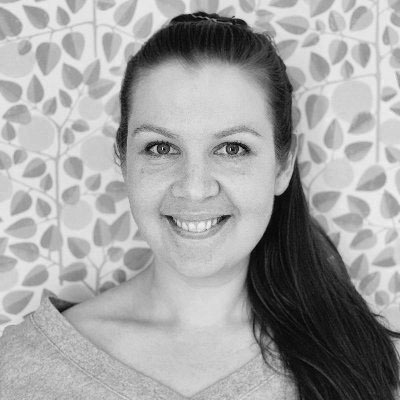
Jenni Lehtimäki
University of Helsinki, Helsinki
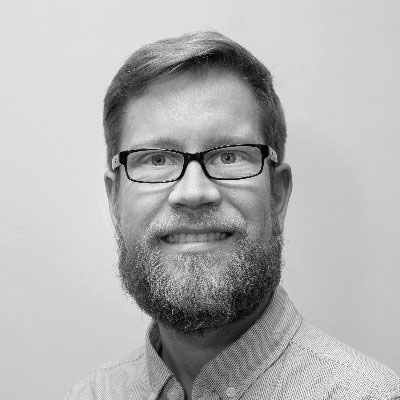
Tommi Vatanen
University of Helsinki, Helsinki
France

Laure Ségurel
Musée de l’Homme, Paris

Alain Froment
Musée de l’Homme, Paris
Ghana
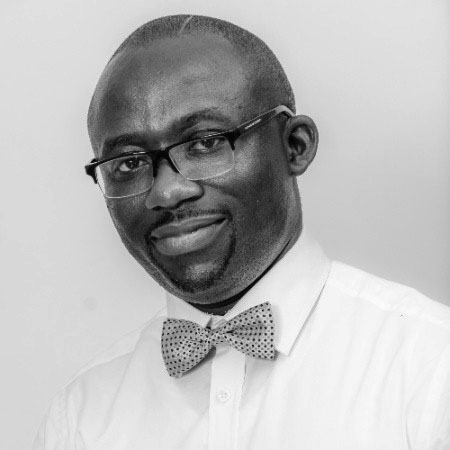
Yaw Asante Awuku
University of Cape Coast School of Medical Sciences, Cape Coast
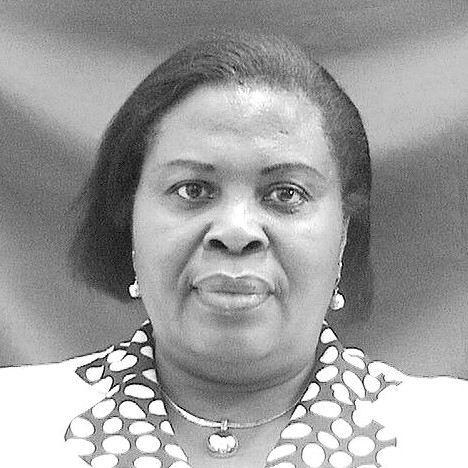
Mary K Yeboah Afihene
Komfo Anokye Teaching Hospital, Kumasi
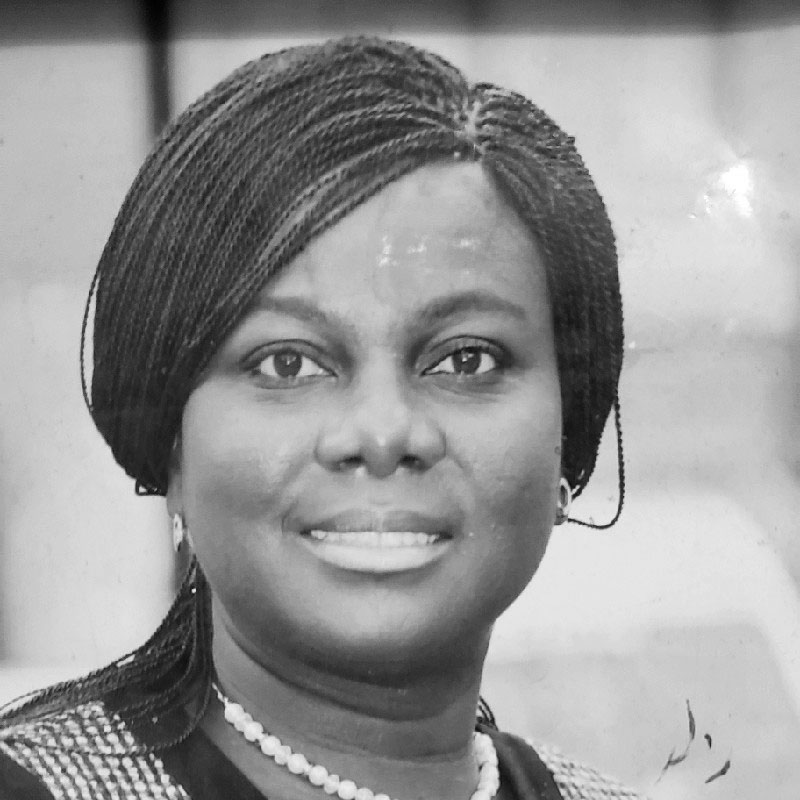
Adwoa Agyei
School of Medicine and Dentistry College of Health Sciences, Accra
Indonesia
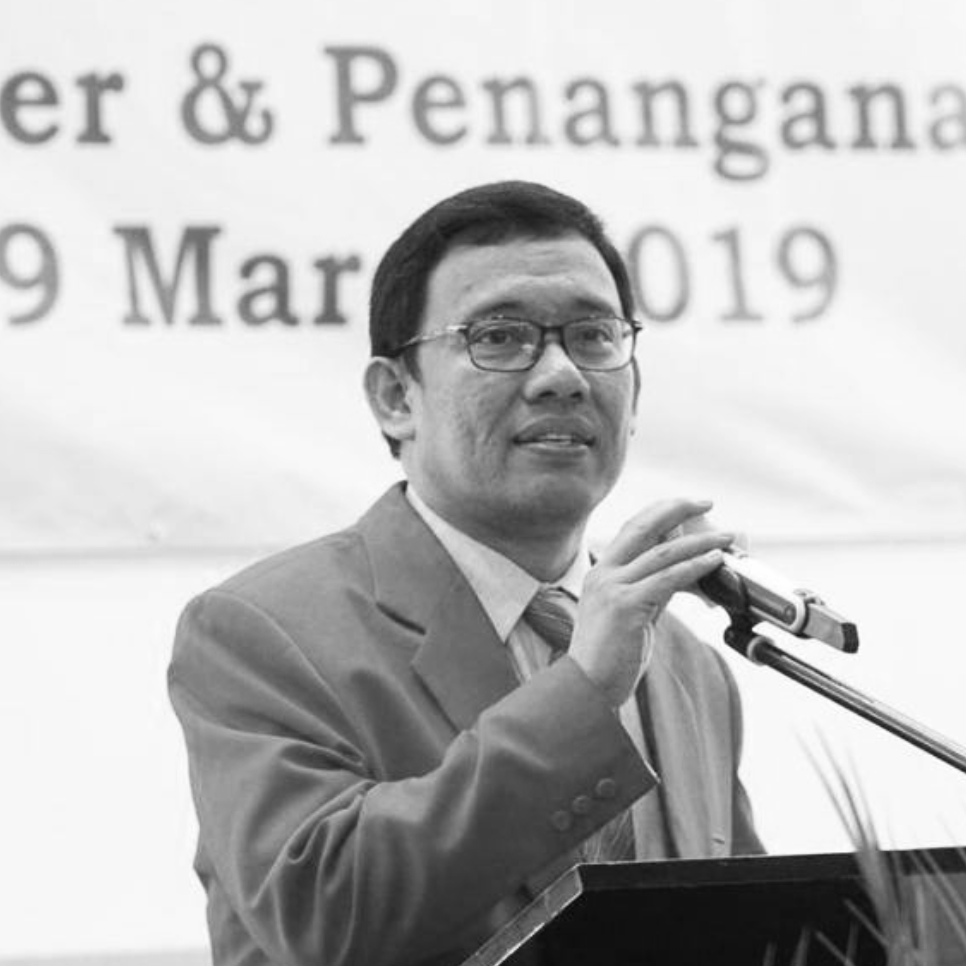
Nasrum Massi
Department of Microbiology, Faculty of Medicine Hasanuddin University, Makassar
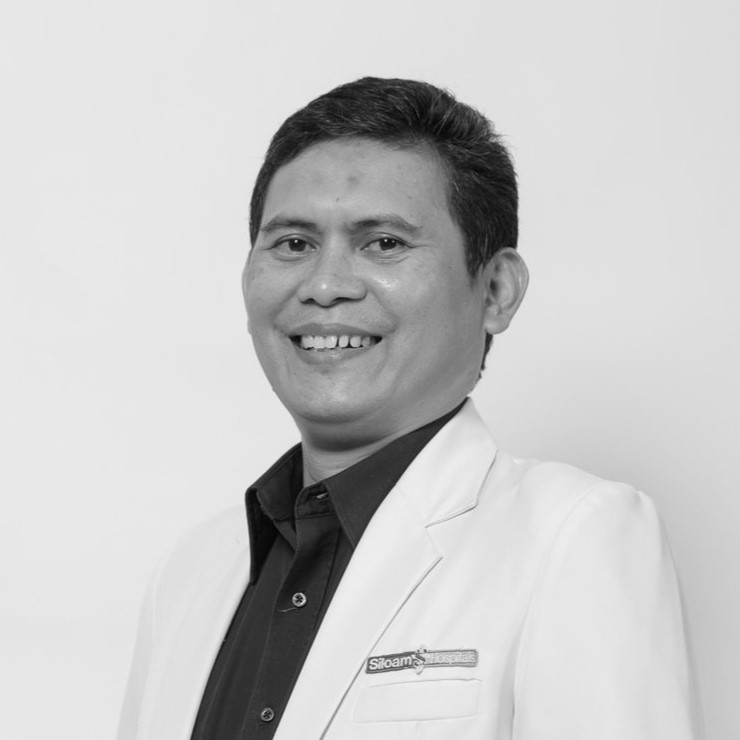
Agussalim Bukkari
Department of Nutrition, Faculty of Medicine Hasanuddin University, Makassar
Iraq

Khalid Ibrahim
Biology Department, Faculty of Science. University of Zakho
Côte d'Ivoire

Souleymane Cisse
Centre de Ressources Biologiques Institut Pasteur de Côte d’Ivoire

Edwige Kouadio Ayebe
Centre de Ressources Biologiques Institut Pasteur de Côte d’Ivoire

Seydou Doumbia
University of Bamako, Bamako
Nepal
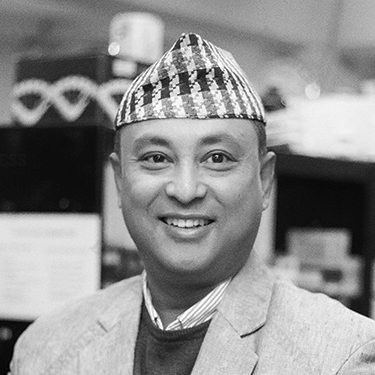
Dibesh Karmcharya
Center for Molecular Dynamics, Kathmandu
Nigeria
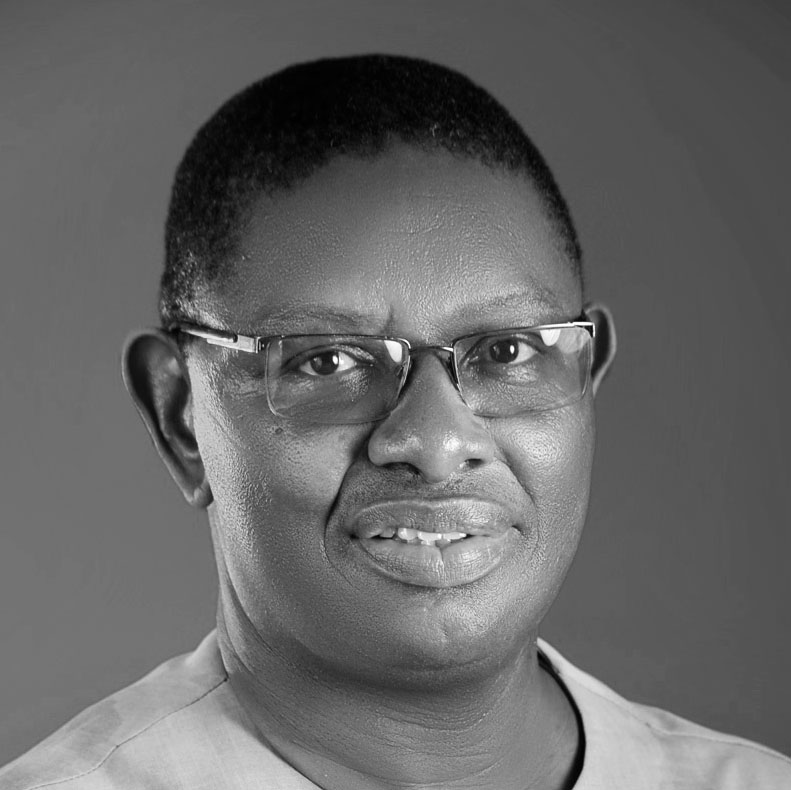
Charles Onyekwere
Lagos State University College of Medicine, Lagos
Pakistan
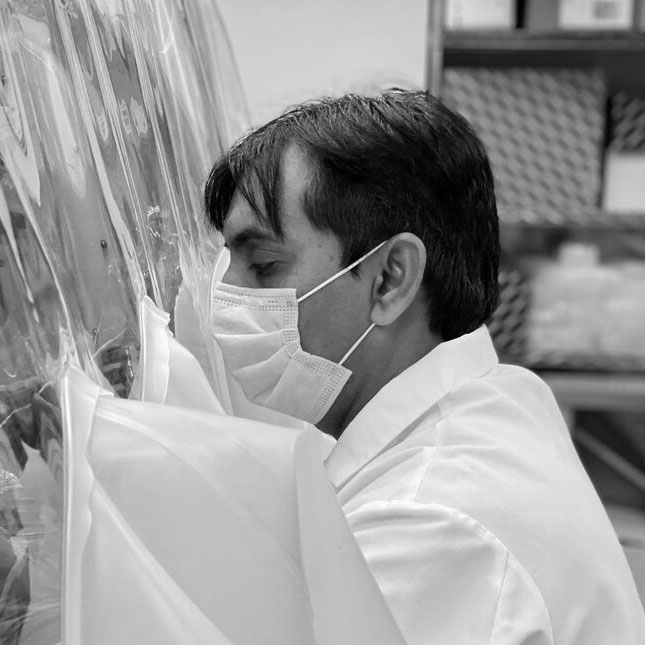
Muhammad Imran
Quaid-i-Azam University Islamabad
Rwanda
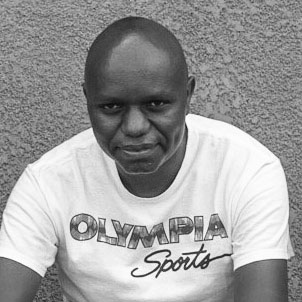
John Rusine
National Reference Laboratory, Kigali
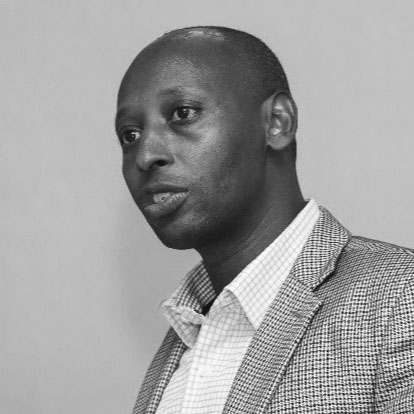
Ivan E Mwikarago
National Reference Laboratory, Kigali
Senegal
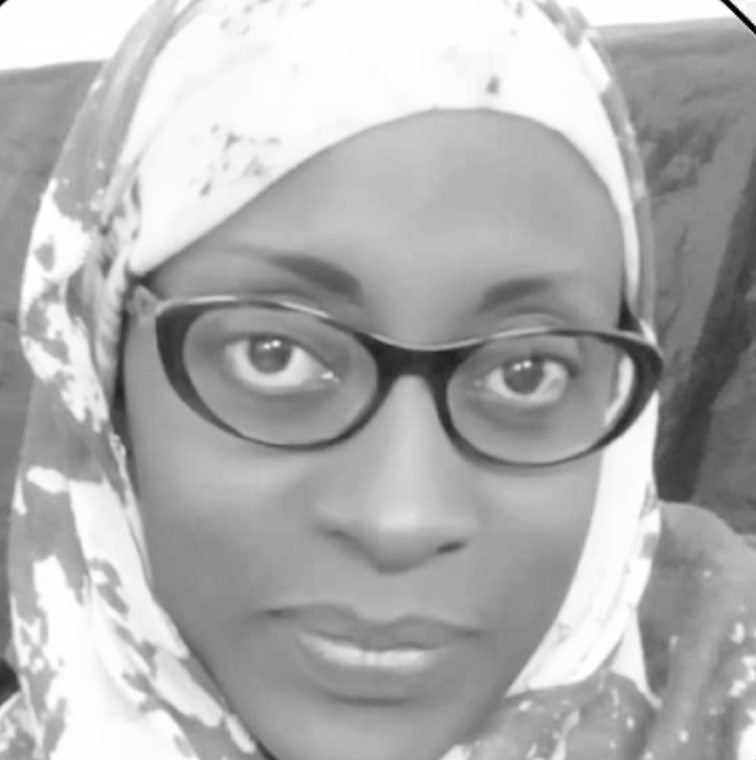
Awa Deme
Aristide Le Dantec Hospital, Dakar
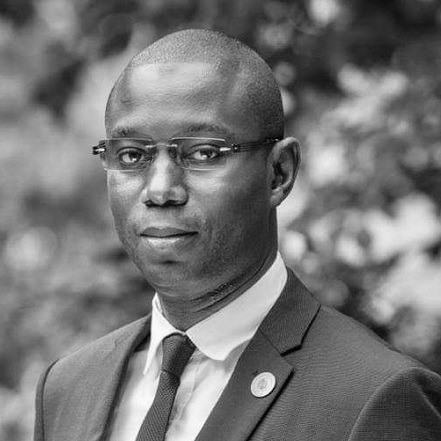
Daouda Ndiaye
Université Cheikh Anta Diop, Dakar
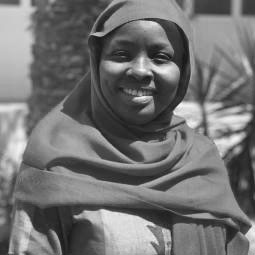
Aida Sadikh Badiane
Cheikh Anta Diop University, Dakar
Sweden
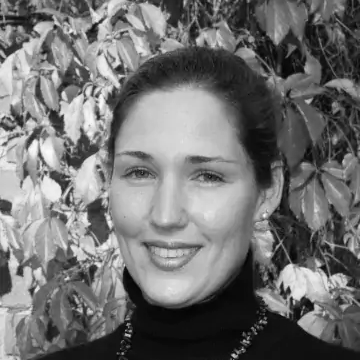
Amelie Plymoth
Karolinska Institutet
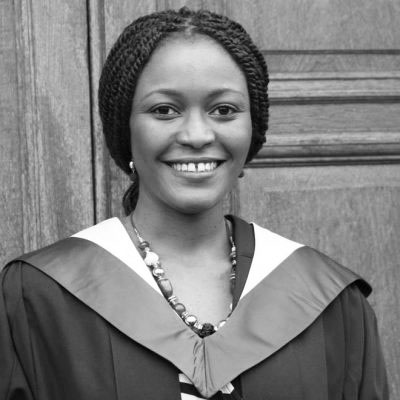
Yvonne Nartey
Karolinska Institutet
Tanzania

Audax Mabulla
University of Dar es Salaam, Dar es Salaam
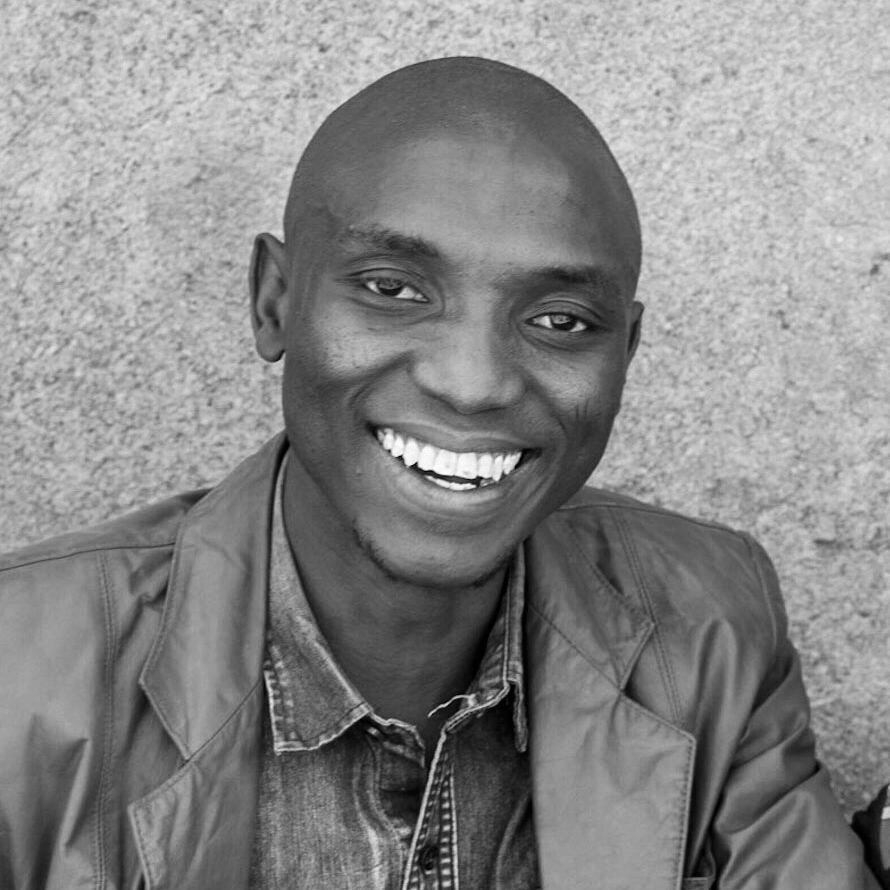
Shani Mangola Msafir Sigwazi
Thailand
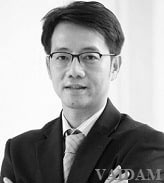
Ratha-korn Vilaichone
Thammasat University Hospital, Bangkok
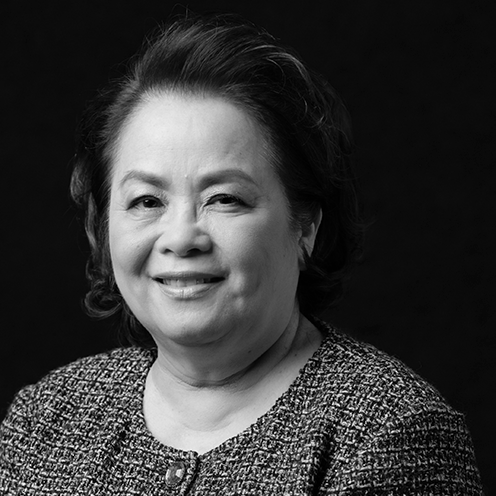
Varocha Mahachai
Clulalongkorn University, Bangkok
Uganda
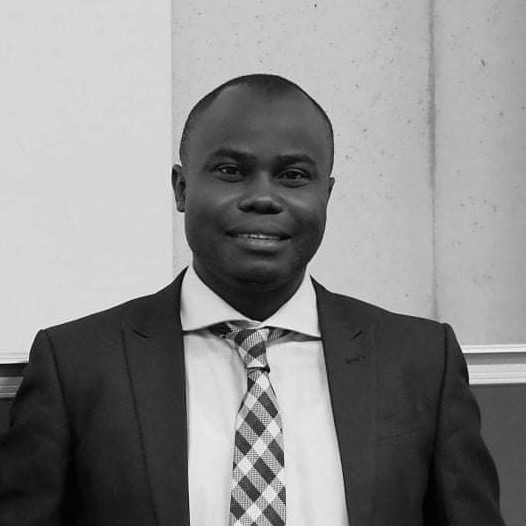
Joseph Ngonzi
Mbarara University of Science and Technology
United States
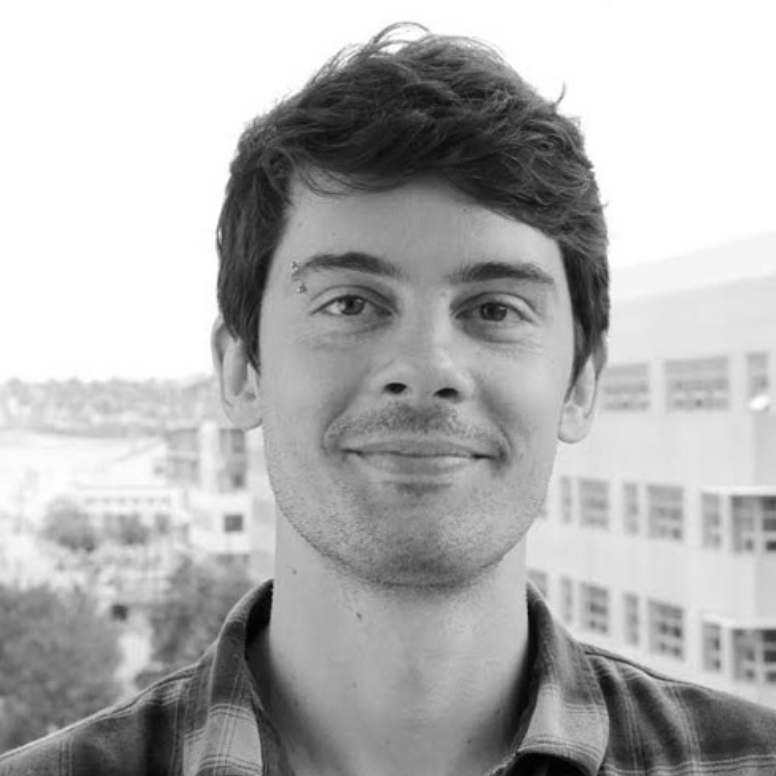
Sean Gibbons
Institute for Systems Biology, Seattle
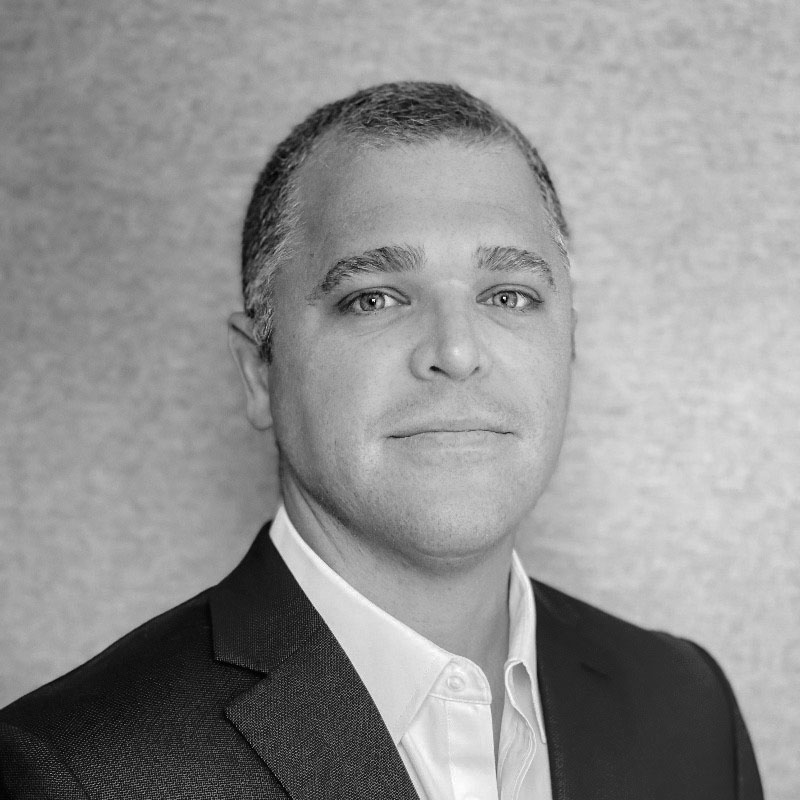
Christopher Corzett
University of Southern California, Los Angeles
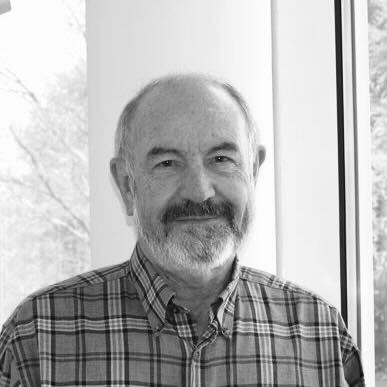
Roger Summons
Massachusetts Institute of Technology, Cambridge
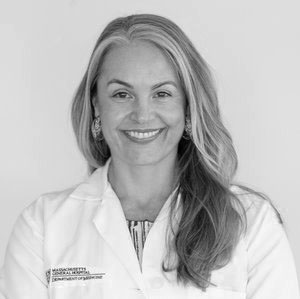
Lisa Bebell
Massachusetts General Hospital, Boston

Mary Noel
Chief Dull Knife College, Lame Deer
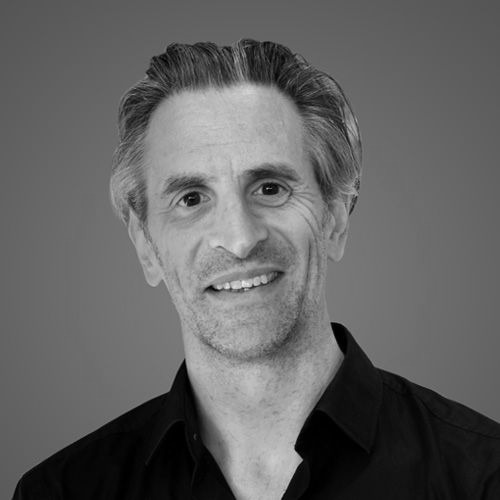
Eric Alm
Massachusetts Institute of Technology
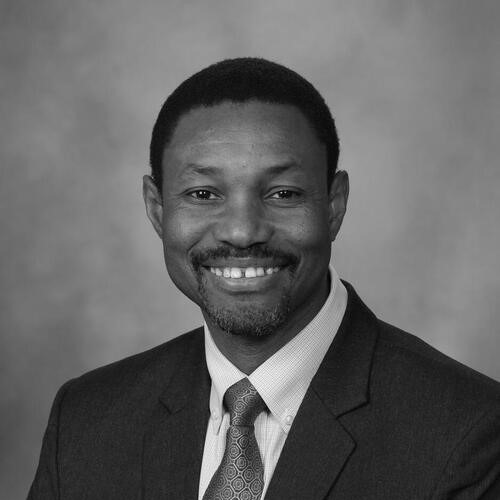
Lewis Roberts
Mayo Clinic, Rochester
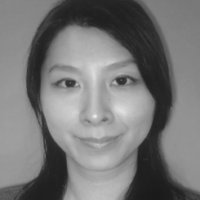
Lee Soo Ching
National Institute of Health
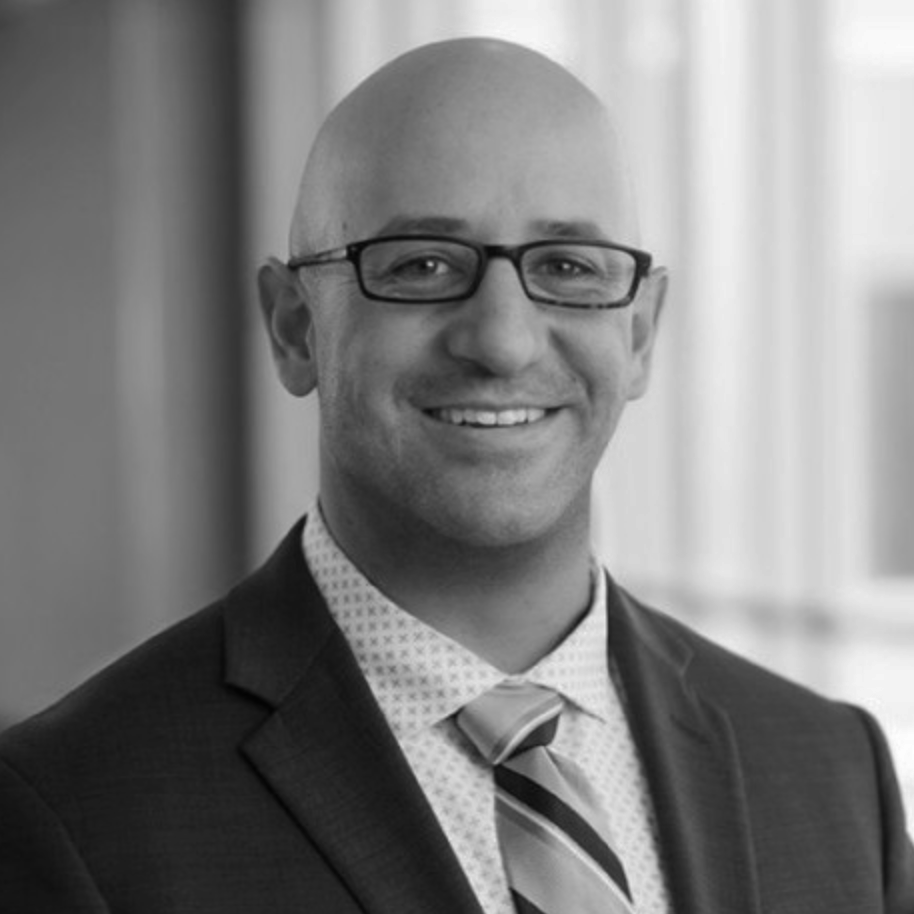
Kenneth Valles
Mayo Clinic, Rochester